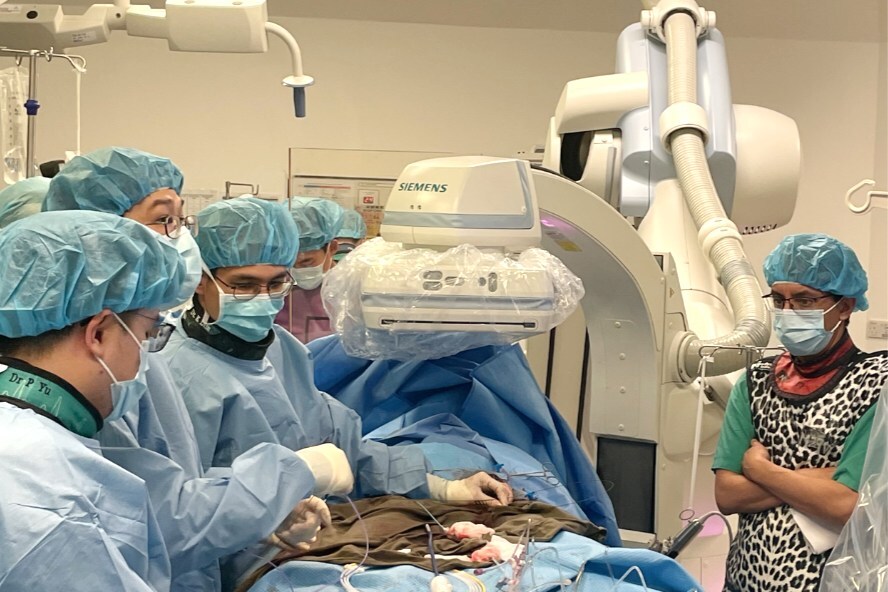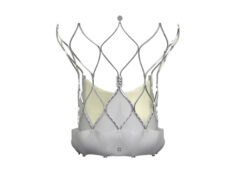
Venus Medtech has announced that its next-generation balloon-expandable dry-tissue transcatheter aortic valve implantation (TAVI) system, Venus-Vitae, successfully completed two inaugural implantations as part of its global multicentre pivotal trial, Venus-Vitae SMART-ALIGN, at Prince of Wales Hospital in Hong Kong.
Following the first two successful implantations, the Venus-Vitae SMART-ALIGN pivotal clinical trial will be progressively launched at around 20 centres in Europe, North America and China, enrolling a total of 150 patients. The trial data will be used to support registration applications in the EU, Canada, China and other territories.
The procedures were performed by So Chak Yu Kent and the team at Prince of Wales Hospital in collaboration with Scott Lim of University of Virginia Medical Center (Charlottesville, USA), supported by a multidisciplinary team from ultrasound, anaesthesiology, and imaging departments. Both patients received 23mm Venus-Vitae implants. The procedures presented good immediate post-operative results with significant haemodynamic improvement, the company says in a press release.
Venus-Vitae Smart-ALIGN is a prospective, multicentre, non-randomised interventional study to evaluate the safety and efficacy of the Venus-Vitae TAVI system in patients with severe aortic stenosis.
“Recently, my colleague Dr Michael Hainstock and I, at the University of Virginia Medical Centre, completed the first patient implantation in the VenusP-Valve PROTEUS pivotal clinical trial in the USA,” said Lim. “Two months later, I am very pleased to have participated with Dr Kent So in the implantation of the first two patients in the Venus-Vitae SMART-ALIGN international multicentre pivotal clinical trial at Prince of Wales Hospital in Hong Kong. These both represent important milestones in those studies.
“Additionally, both the VenusP Valve and the Vitae valve have been previously used in clinical applications, with excellent published results. Of note, the Venus-Vitae valve’s stent frame is the shortest among current transcatheter aortic valves, and I am encouraged by its potential to treat aortic stenosis while maintaining coronary access. Furthermore, its dry valve leaflet technology facilitated rapid preoperative preparation time. We look forward to further international enrolment in the SMART-ALIGN clinical trial in the near future.”
“It was an honour to collaborate with Dr Scott Lim to complete the first two confirmatory clinical implantations of this innovative dry valve,” said So Chak Yu Kent after the procedures. “Venus-Vitae’s active anti-PVL [paravalvular leak] technology and short frame design effectively prevent leakage and minimise the risk of coronary artery obstruction. I’m eager to see expedited enrolment of patients for Venus-Vitae, so that more patients can benefit soon.”
“Venus-Vitae is our next generation balloon-expandable TAVI system, with global patent coverage,” said Hou-Sen Lim, general manager and CEO of Venus Medtech. “We have strong confidence in its international multicentre clinical trials and global strategy. The successful initial implantations provide a solid foundation for forthcoming trials in Europe, North America, and China. We are committed to advancing Vitae’s global clinical application and regulatory registration, bringing our cutting-edge technology to physicians and patients worldwide.”










